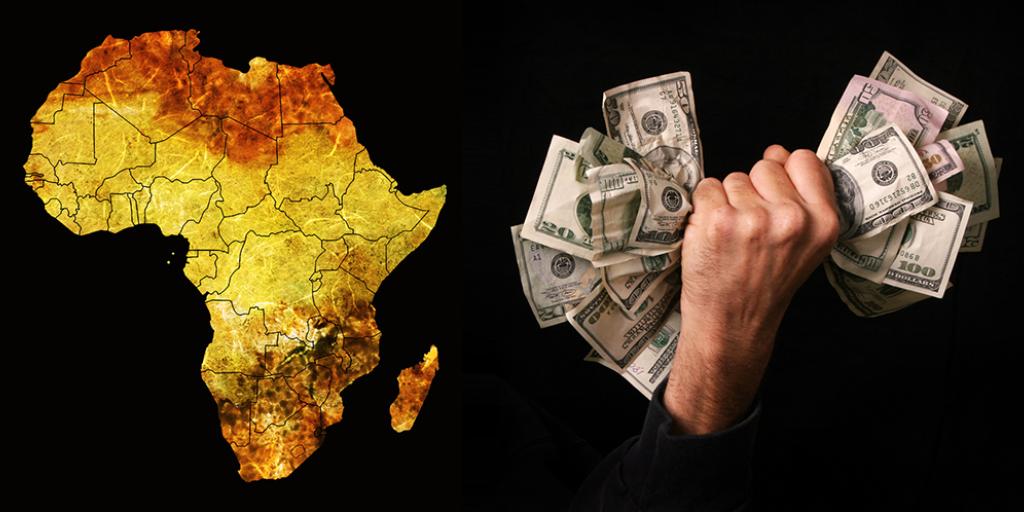
African Fraud and Corruption
Every year, $88.6 billion leave Africa illegally (VOA Africa, September 18, 2022). International companies sometimes exacerbate the problem. It has been reported that consulting company McKinsey paid bribes to South African officials to get business worth millions of dollars (US Department of Justice, December 5, 2024) and obtained private details about big contracts from Transnet, which runs ports and trains, and Eskom, South Africa’s electric company (Stanford FCPA Database, December 5, 2024; FTI Law, December 10, 2024). Mining and oil companies are frequent offenders—Glencore, for example was found guilty of bribing officials in multiple countries (BH Compliance, May 8, 2023). Large oil industries attract high levels of corruption in many African nations as well (U4 Anti-Corruption Resource Centre).
Generally, companies obtain valuable contracts by paying bribes through local partners or middlemen who help maintain an appearance of innocence. The result? Money that should go to schools, hospitals, and roads is taken out of the system and put into the pockets of shady executives and brokers, leaving less available to spend on societal needs. To fulfill those needs, governments borrow money. And because investors know that persistent levels of corruption make borrowing a necessity, they charge higher interest rates, making everything more expensive and leading to increased theft. Corruption in African countries understandably makes foreign investors nervous, driving up interest rates on their loans, as well.
This sad circumstance vividly illustrates one of Jesus’ teachings: “Those who are considered rulers over the Gentiles lord it over them, and their great ones exercise authority over them. Yet it shall not be so among you; but whoever desires to become great among you shall be your servant” (Mark 10:42–43). We look forward to the day when the world will be ruled with godly justice and charity. You can come to a broader understanding of this future by reading our study guide The World Ahead: What Will It Be Like?



